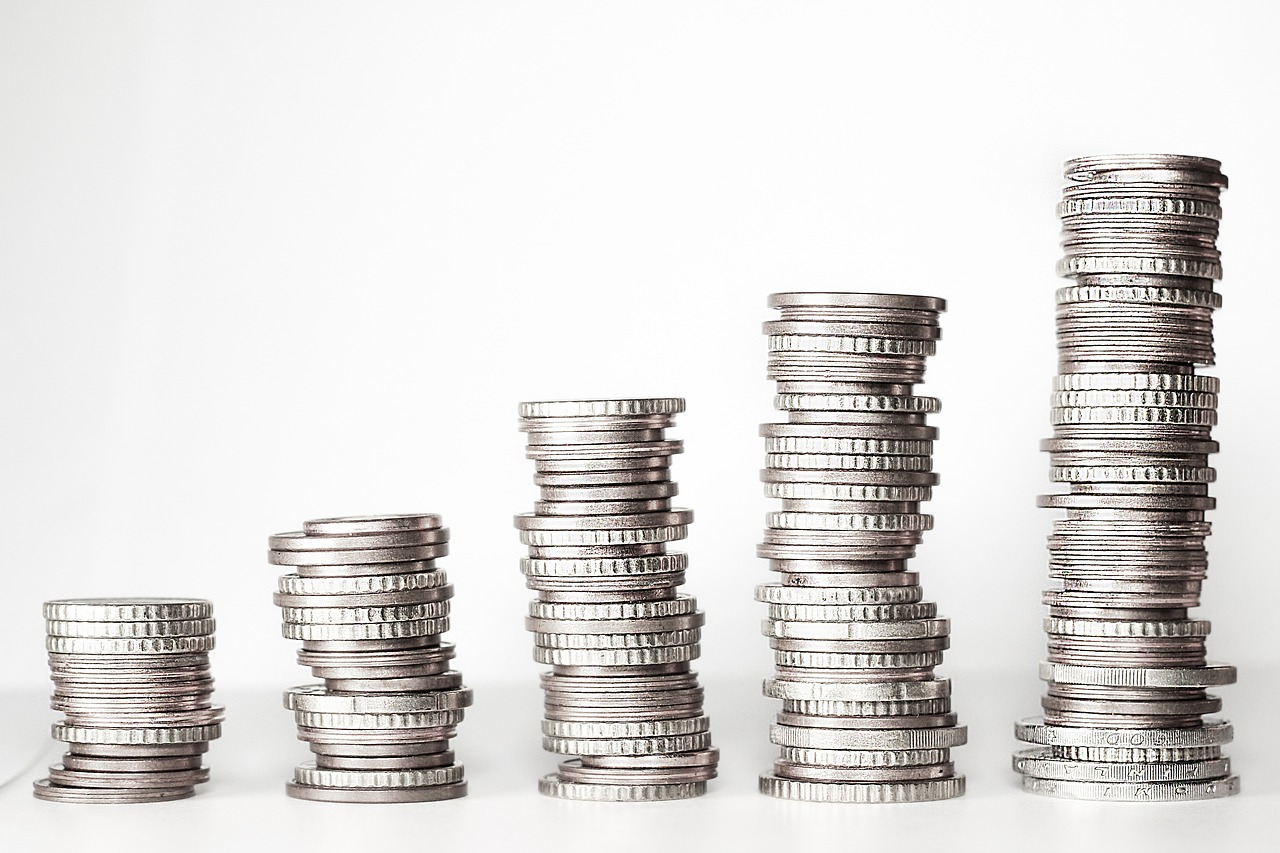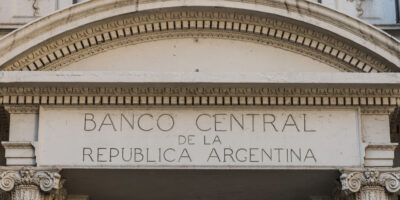Monetary Institutions and Self-Governance
I have previously explored what monetary institutions would look like in a liberal (rule of law) society. Now let’s tackle a related question: what would monetary institutions look like in a self-governing society?
Before we can answer this, we need to have a theory of self-governance. What kinds of societies are self-governing? Most people will immediately respond, “Democratic ones!” I think this is right but for reasons the vast majority of democracy’s supporters get wrong.
To me, it makes sense to call a polity self-governing when no subgroup of the polity’s population has a disproportionate share in determining what formal governance institutions (e.g., the state) do. By subgroups, I don’t mean groups like the educated or wealthy, which are overly broad. These kinds of individuals will have a disproportionately loud voice in the public square in any political system. What I mean is that there must be no group of individuals, separated from the rest of the population by some costly procedure of initiation, with distinct interests at variance with the rest of the population’s interests. In other words, the ultimate course of government is in the hands of non-experts. This perspective on self-governance is democratic in the sense of thinkers such as Frank Knight, James Buchanan, Vincent Ostrom, and Elinor Ostrom.
What does this imply for monetary institutions? To begin, the basic structure of our monetary institutions is simultaneously technocratic and elitist. Central banks are largely governed by individuals who have demonstrated extraordinary competence within mainstream monetary economics, financial economics, and macroeconomics. Furthermore, financial and regulatory elites have a disproportionate say in the course of conducting monetary policy. We have seen that these features of contemporary monetary institutions make them incompatible with liberalism because they are incompatible with the rule of law. It also appears they are incompatible with self-governance.
Although self-governance and liberalism are unrelated in essence (or are they?), there is significant conceptual overlap. That means the features of monetary institutions that make them illiberal also have a high likelihood of making them undemocratic. But although this has intuitive plausibility, we need to do more work before reaching such a sweeping conclusion. We have to ask, are there reasons that a self-governing people would choose to delegate monetary affairs to institutions that look like the ones we’ve got? And if so, under what conditions would they do so?
These questions will be the topics of my next few articles.










